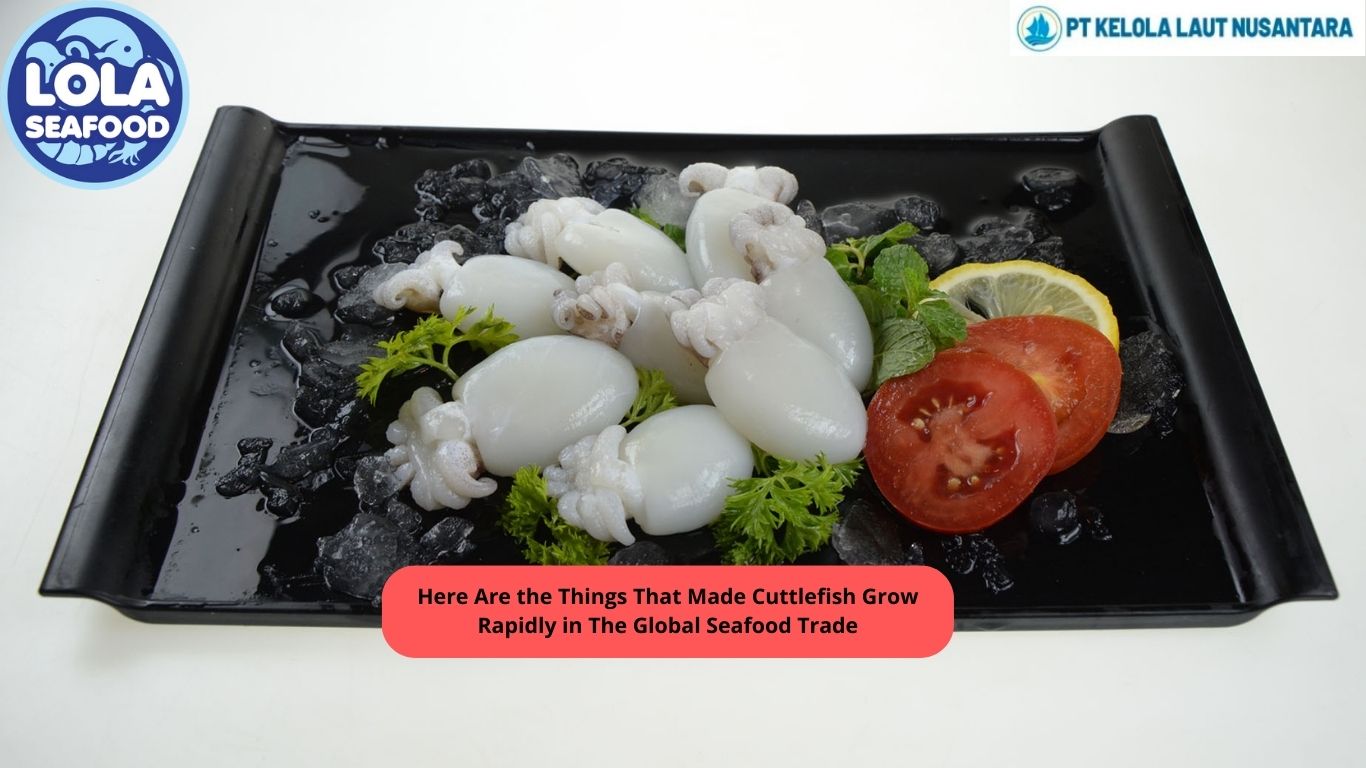Here Are Some Essential Nutrition From Shrimp
By. Nevanda - 03 Jul 2023
kelolalaut.com - Shrimp is one of the most popular types of seafood around the world. It has a distinctive flavor and chewy texture, making it a favorite of many. Shrimp also offers a variety of benefits and delights that are hard to resist.
Its nutritional content is good for the human body, making shrimp a popular seafood. Its delicious taste and rich nutrients make shrimp a good choice to fulfill the need for protein and other nutrients. As a popular seafood dish, shrimp is often served in various dishes.
Read also: Simple and Delicious Indonesian Fishcake Recipe You Could Try
Here are some of the key nutrients in shrimp:
1. Protein
Shrimp is an excellent source of protein. For example, 100 grams of shrimp contains about 24-25 grams of protein. Protein is an essential nutrient for growth, tissue repair, and optimal body function.
2. Carbohydrates
Prawns contain few carbohydrates, making them suitable for low-carb diets. In 100 grams of shrimp, there are only about 1-2 grams of carbohydrates.
3. Fat
Prawns contain little saturated fat and cholesterol, but they do contain polyunsaturated fatty acids, especially omega-3. Omega-3 is a type of healthy fat that can support heart health and brain function.
Read also: Famous Minangkabau Cuisine, Ikan Asam Padeh Recipe
4. Vitamins
Shrimp contains several important vitamins such as vitamin B12, vitamin E and vitamin D. Vitamin B12 plays a role in red blood cell formation and nervous system function. Vitamin E is an antioxidant that protects the body's cells from oxidative damage, while vitamin D is important for bone health and calcium absorption.
5. Minerals
Shrimp contains important minerals such as zinc, selenium, phosphorus and iodine. Zinc and selenium are antioxidants that help protect the body's cells and immune system. Phosphorus is important for healthy bones and teeth, while iodine is required for normal thyroid function.
However, keep in mind that the nutrient content in shrimp may vary depending on the type of shrimp and the cooking method used. It is important to consider how the shrimp is cooked, as the addition of oil, butter or sauce can increase the amount of calories and fat in the dish. So, keep an eye on how you cook and prepare shrimp for optimal nutritional benefits.
Read also: The Symptoms of Tuna Poisoning
.jpg)
 (1).png)


.jpg)
.jpg)
.jpg)

 (3).png)